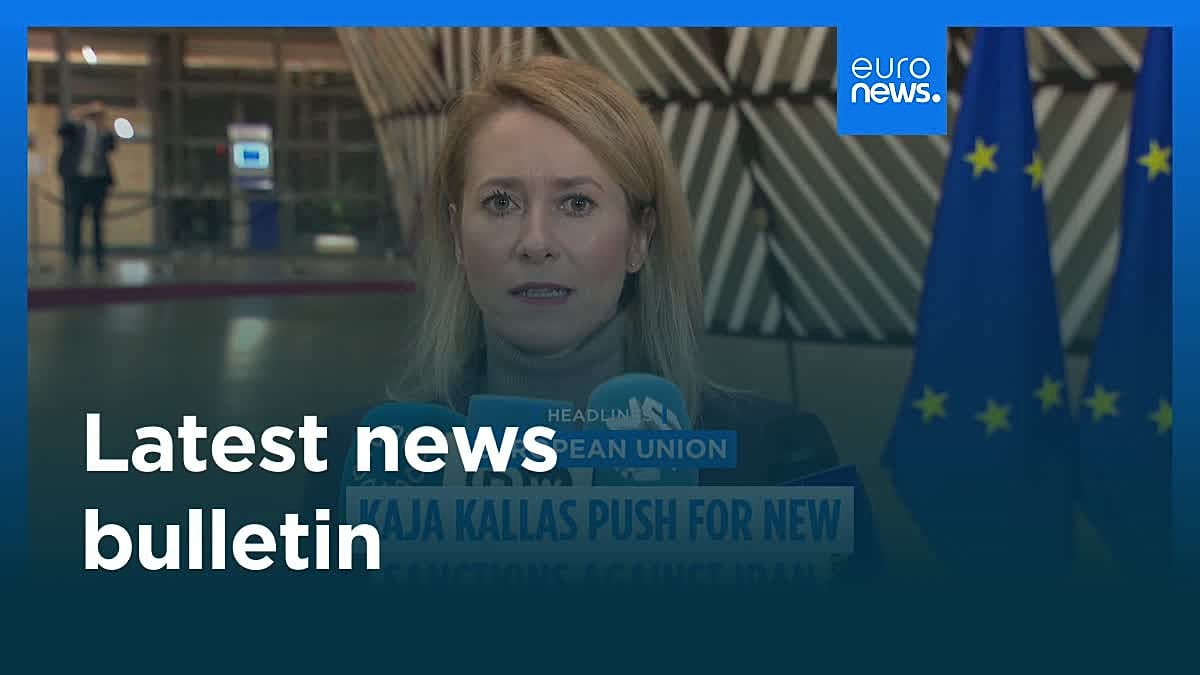Artificial Intelligence Could Boost Local Economies if Used Ethically, Says Global AI Strategist


 As artificial intelligence continues to reshape industries across the UK, from manufacturing to public services, questions around technology, leadership, and the future of work are more urgent than ever.
As artificial intelligence continues to reshape industries across the UK, from manufacturing to public services, questions around technology, leadership, and the future of work are more urgent than ever.
In this exclusive interview, we speak to Brian Evergreen, a globally recognised strategist and author who has advised Fortune 500 companies and served as Microsoft’s Global Head of Autonomous AI Co-Innovation.
Widely regarded as one of the world’s leading artificial intelligence speakers, Brian shares practical insights on how businesses — including those in regional hubs like Doncaster — can embrace AI to empower their workforce, drive innovation, and adapt to today’s rapidly changing economic landscape. His perspective bridges the gap between cutting-edge technology and everyday business decisions.
Q: There’s a lot of concern around AI replacing jobs — how can local businesses adopt AI in a way that supports and strengthens their existing workforce?
Brian Evergreen: “The way that organisations can implement AI in a way that empowers their workforce rather than replaces it is a question I get all the time, and I think it’s a really important one.
“What I’d say first and foremost is that cutting costs with AI is sort of like cave painting with AI. The real opportunity with artificial intelligence and these advanced technologies that we have at our disposal today is not just to cut costs on whatever existing value we’ve already created, but instead to raise and increase topline revenue and add new value — create new value — based on your core competency.
“That’s the first thing I’d say about how to double down on applying AI in a way that empowers your workforce. The second thing I’d say is that it’s really a leadership question.
“People sometimes say, “Well, is AI coming for my job?” The thing I always remind them of is: AI has never come to a business and knocked on the door and said, “Hi, I’d like that person’s job, and I’d like that person’s job.” AI is not coming; it’s not embodied; it’s not looking for a job.
“So, the real question of whether or not AI and how AI will be implemented inside an organisation comes down to the leadership and the decisions that leaders are making.
“I always remind folks: if you’re wondering how your AI is going to impact your own work, look to your leadership. If they’re the kind of leadership that says, “Hey, as we look at this era of technology and AI that we’re now entering, we’re planning on using the same values that we always have, and we want to augment and extend the amount of value that we can create with AI,” you know you’re in a good place for the future of work.”
Q: What are some of the biggest myths surrounding artificial intelligence that might be holding small business owners back from using it effectively?
Brian Evergreen: “The biggest misconceptions that business leaders have around artificial intelligence often lie in the idea that data is the most important aspect of artificial intelligence.
“They’ve been told this by folks who are trying to sell data as part of their solution or platform — which is very understandable that that’s what they would focus on. But when it comes to artificial intelligence, actually the most important element is expertise.
“The whole goal of AI is to recreate semblances of expertise that can be applied inside a business context. And so, yes, data is an asset that can be part of that. But if you start with your data as opposed to starting with your expertise, it’s sort of like reading the exhaust fumes of a car and trying to figure out where it should go next — as opposed to first starting with your experts and determining what it is that we want to do with our business, how we are going to apply intelligence — both human intelligence and machine intelligence — to be able to do that effectively, and then be able to build the actual solutions and products that you want to build to create value for your customers.”
Q: As AI continues to evolve, what are the most important changes that Doncaster-based companies and regional employers should start preparing for now?
Brian Evergreen: “The biggest changes that businesses should prepare for — I would say one of the biggest ones is agentic intelligence.
“We’re moving past the era of digital transformation into the era of autonomous transformation — not where organisations autonomously transform, but where the mile marker has moved from going from analogue to digital, now towards autonomous.
“By that, I don’t mean fully autonomous — just like a business isn’t fully digital. There are still analogue assets, and there are people involved in every business. The same will be true as organisations move toward more and more autonomy.
“One of the biggest changes is agentic intelligence. When you think about the work that you do today, most organisations have a lot of robotic process automation, they have different digital processes, where you assign a task and start something, and then multiple different things happen online just automatically.
“That’s going to come to a new level when we have agentic intelligence — where, instead of just everything being automatically started by us or by something that’s triggered based off a certain condition, there will be AI agents inside our organisations that will be able to sense when things are going on or when different dynamics are changing, and they’ll be able to engage us.
“Over the weekend, they can come to us first thing in the morning on Monday with a report: “These are all the different changes that have been noted. We’ve analysed this research question that you asked us on Friday. Here are all the different things that we recommend, recommended actions, and likely outcomes based on all of them.” We’ll be able to approve or say, “No, actually, will you dig deeper into that?”
“That’s one of the biggest shifts. Another big shift that’s coming is that the way we work between organisations is going to completely shift.
“Today, if I wanted to check — let’s say I’m a manufacturer, and someone says, “Well, can you manufacture this many parts of this product by this date?” Depending on the size of the order, I might have to check upstream, call around and say, “Okay, can you get us this much of the raw material for us to be able to manufacture this by the date?”
“It can be very time-intensive to make all those different phone calls and interact between organisations in an entire value stream. But in the era of agentic intelligence, that can be answered in milliseconds because an agent on behalf of my organisation can interact with agents on behalf of my suppliers.
“They can, in a matter of milliseconds, actually answer the question and come back to the customer and say, “Yes, that’s something we absolutely can do.”
Q: When you speak at events and conferences, what key message do you hope business leaders and professionals take home with them — particularly those navigating today’s fast-changing economy?
Brian Evergreen: “What do I hope that folks take away from my speeches? I would say that the biggest thing, my highest-level goal when I get on stage and pick up a microphone or speak into a lavalier, is that I want people to walk away with value — with things they can actually leverage that day, that they can immediately start doing to be able to get on an even better path toward creating more value in their work.
“My approach to that is to provide context and educate, inform, share new ideas and frameworks that will generally surprise — people usually find them surprising and realise, “Huh, I never thought about that before.”
“Then, I aim to give them tactical, tangible steps they can take — that they take screenshots of, or I send the deck after — that they can then walk away with and say, “Okay, that is really going to help me as I think through: What is my vision in the era of AI? What is my strategy, my way of creating strategy, my process for making decisions? And how am I going to lead, manage, and leverage storytelling to be able to effectively ignite change in the direction I want it to go?”
This exclusive interview with Brian Evergreen was conducted by Mark Matthews.
The post Artificial Intelligence Could Boost Local Economies if Used Ethically, Says Global AI Strategist appeared first on European Business & Finance Magazine.















































